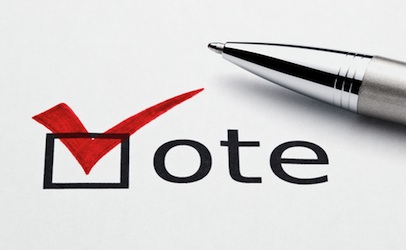Berkeley, CA and Boulder, CO, are among a handful of America’s most liberal cities who’ve both often been accused of never having met a tax they did not like.
Berkeley two years ago became the first city in America to impose a regressive tax on sugary soda. On Jan. 1, Philadelphia becomes the second to begin soda tax collections.
 In next Tuesday’s election, voters in Boulder, San Francisco, Oakland and Albany, CA. will decide if those jurisdictions will impose soda taxes.
In next Tuesday’s election, voters in Boulder, San Francisco, Oakland and Albany, CA. will decide if those jurisdictions will impose soda taxes.
The outcome of those elections may tell whether a policy mostly embraced in Mexico will find its legs in the United State. Mexico has imposed a percent excise tax on the sale of sugary drinks on the predictions of medical researchers that the tax will dramatically reduce incidents of heart disease and diabetics. Consumption of sugary drinks in Mexico has fallen off by about 12 percent since soda tax was imposed in 2014, but a Wall Street Journal report in May this year showed sales are picking up again.
The four local tax measures are coming under fire.
Boulder’s Ballot Issue 2H, which would require a 2-cent tax on beverages with a least 5 grams of added sugar. Boulder manufacturers of probiotic teas and water kefir, alternatives to sodas, are concerned their products are going to be caught up the tax’s reach.
Meanwhile, models promise saving hundreds of lives and reducing healthcare costs by $60 million over the next 10 years if the new taxes result in a 20 percent reduction in soda consumption.
How the tax/health issues are decided in those four cities is being carefully watched by the $73 billion American beverage issue as well state and local health officials.
With the White House and Congress are getting most of the election season attention, voters in the Nov. 8 general election will also decide which of the more than 10,000 candidates will be awarded with one of the 5,915 seats in 86 chambers in 44 state legislatures.
According to number complied by the independent and nonpartisan National Conference of State Legislatures, Republicans have dominated state governments since 2010. That was the year the Democrats lost a record 24 chambers. Republicans currently hold more than 4,100 of the 7,283 state legislative seats in the country. In 30 states the GOP holds a majority in both legislative chambers.
According to NCSL analysts Daniel Diorio and Tim Story, here are a few key state races to watch on election night:
- Five states where just one seat could flip a legislative chamber: Colorado, Iowa, Nevada, Washington and West Virginia.
- Five states where GOP majorities are bigger but still vulnerable: Arizona, Maine, New Hampshire, New Mexico and Wisconsin.
- Whether Democrats can hold their lower chamber leads in Colorado, Kentucky, and Washington.
- Four states, Minnesota, Nevada, New Hampshire, and New Mexico, put the Republicans under pressure to hold a chamber won during non-presidential year in what’s likely to be a higher turnout year in 2016.
(To sign up for a free subscription to Food Safety News, click here.)
